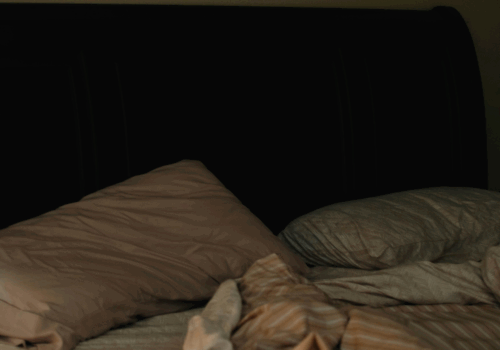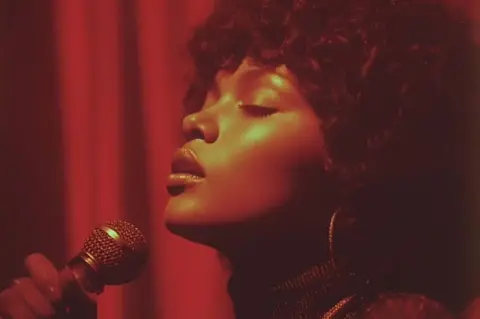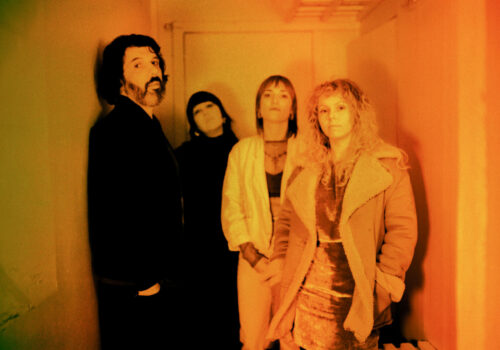Thundercat on how important Japan & LA are to his art
Words: Ellius Grace
Photography: Ellius Grace
Thundercat graced the cover of Issue 004: Rebirth, featuring an interview and shoot by Ellius Grace. The LA artist discussed his love for Japanese culture, his formative years with close friend Kamasi Washington and working with Kenny Loggins and Michael McDonald.
It was in a basement in Dublin that I first heard Thundercat. While visiting my uncle, he took out an LP with a shiny gold cover and stuck it on the record player. The music that followed was like nothing I’d ever experienced. It was jazzy and electronic, improvised and intricate; it had samples from Saturday morning cartoons and an unmistakable audio identity.
The LP in question was Thundercat’s debut, ‘The Golden Age of the Apocalypse’, and much like the man himself, it is unique, complicated and doesn’t take itself too seriously. Stephen Bruner, the bassist, producer and songwriter known as Thundercat, has been steadily rising since that first album, appearing on Kendrick Lamar’s ‘To Pimp a Butterfly’ and Kamasi Washington’s ‘The Epic’ to name just a few.
Bruner has worked behind the scenes as a session artist with musicians like Erykah Badu and Ty Dolla $ign. Recently he collaborated with Flying Lotus on his debut film Kuso, and recruited Michael McDonald and Kenny Loggins to sing on his latest LP.
When you start to dig into Thundercat’s origins though, you quickly realise that he and his collaborators have been working and plotting together for many years. He first met Kamasi as a three year old, played in prestigious jazz clubs with his friends since he was well under age and knew Kendrick long before his meteoric rise. Thundercat is both the ring leader and the team member further proven when I meet him through his sure and deliberate manner.
He wears women’s Gucci sunglasses, a multi-coloured, sequin jacket and tops the look off with a red LA Dodgers cap. He’s softly spoken and visibly lights up when I mention Tokyo, a place he’s written one of his recent songs about. If anything, Bruner’s music strongly mirrors Japanese culture; it is a mash up of high and low brow, a revelatory smorgasbord of all the things he loves. Childish touches like the Thundercats cartoon logo play off against songs about being blackout drunk, all underpinned by Bruner’s virtuosic bass guitar playing. Thundercat’s music may not be as challenging as Monk or Coltrane, but he could match them if he wished.
While the jazz legends are his original influence, he wants to bring a new perspective to the genre. His music is at the same time respectful of history but also quickly marches ahead down new and exciting avenues. His sound is something that could only exist now; while the internet facilitates global, cultural cross pollination and bands like BADBADNOTGOOD infuse their jazz elements with equal parts purism and hip hop. The time is now for Thundercat.
He has done things his own way and stood behind his work through everything. His catalogue stands as an example to anyone who has a creative itch that they’re afraid to scratch. Who knew I’d fall in love with a jazz tune about a cat named Tron? I guess Thundercat did.
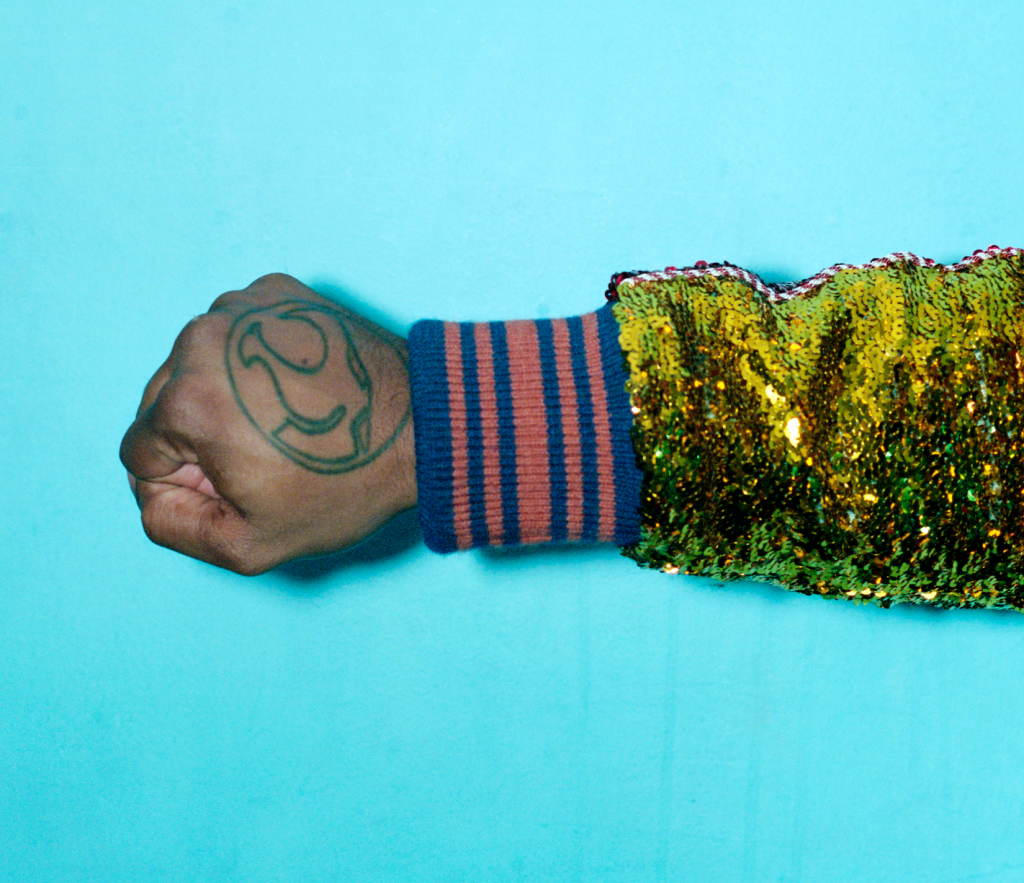
Hearing about you and the way you used to play with people like Kamasi Washington and Kendrick Lamar, it got me thinking about how LA is so vast and how there’s such a wide variety of music coming from there yet it really is such a tight-knit community. Why do you think that is?
To be honest, I feel like any city you go to there will be a sense of community. What makes LA different though is that we have Hollywood and there are different factors affecting what people do and how they can get things done.
The best way to describe it is… Playing an instrument puts you in a place where you can become a tool, not in the funny sense of ‘you’re a tool’, but it’s like you’re literally an instrument. Stanley Clarke said this to me, ‘We are servants and what we do is a service’. It’s like the working parts of an engine; each individual thing can do different things but at the same time, in order for music to make a statement it needs to be consistent of different pieces of this engine.
I think a lot of the time what people see from LA is the different versions of this engine that exists that people like to dance around and at the same time it’s the ability to create music together. That’s what it’s there for, you know? There are different things that factor into how it develops.
Not everyone in LA plays an instrument, they have different creative outlets and often it’s a bit of a dance between those two. I play bass, my older brother plays drums, Kamasi plays saxophone, Brandon Coleman plays keys, Cameron Graves plays keys, Kendrick raps — these are all different things, different small pieces. I’m also a producer and a songwriter and I do that from my instrument but in order for my ability to activate I need other musicians to accent it a bit. That’s where it comes from, I think.
You’re in demand as a session musician and you work with a lot of other musicians. How do you stay true to yourself and to your history while doing all these other projects on top of your own?
By playing a lot of video games and watching a lot of cartoons, man. I read a lot of comic books; pray a lot and talk to my cat. Mostly comics though.
When approaching your music, do you have rituals? Flying Lotus said that when producing ‘Drunk’ with you, you just dove straight in. Do you have anything that you do that helps you get into that space?
It comes from many different places. It’s not just the part where I’m a songwriter. Again I’m an instrumentalist; they all work together in weird ways.
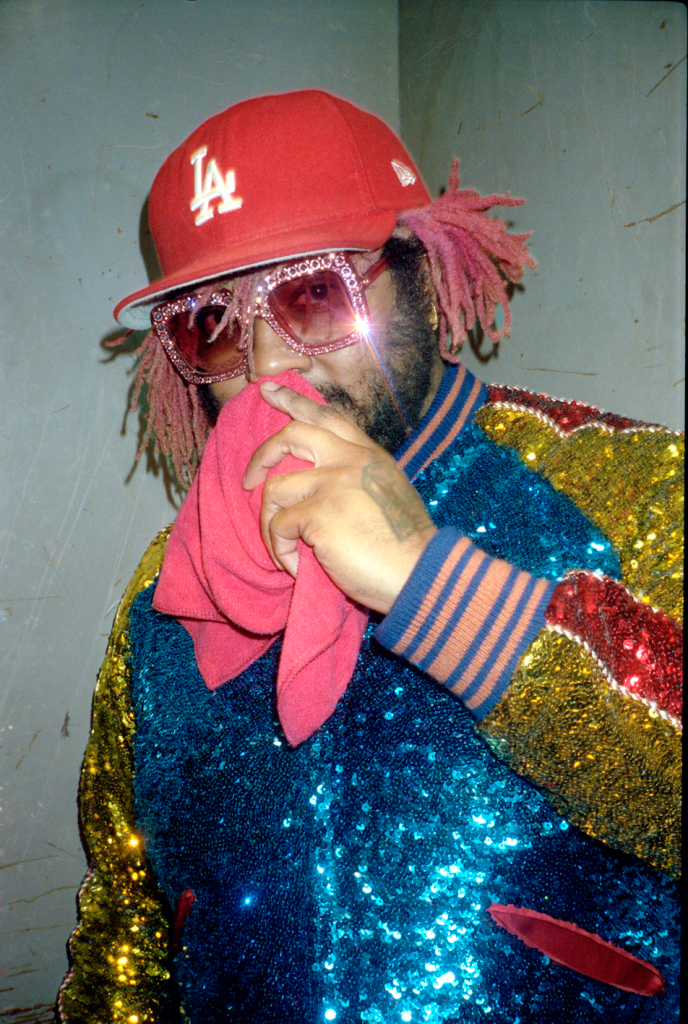
‘Show You The Way’ has two legendary vocalists on it. Did you write it with them in mind or did the track evolve through a process of them being available?
With that song, when it comes to Kenny Loggins and Michael McDonald, I didn’t create things with the idea of knowing I was going to be working with them. Sometimes you’re inspired by things the way they come out, the performance of them. It’s only natural. It’s monkey see, monkey do sometimes. Those two just happened to be the big gorillas of songwriting. Barking up that tree is just a whole different dynamic.
On a personal level, they were just so inspirational to me, man. I don’t know if I could think of a better way that I could show them my appreciation. It’s one thing when you just see somebody and you tell them, ‘Hey man, thank you’. The truth is I just wanted to work with them and still do but I would never have expected it to translate the way it did.
Do you have any funny stories from the recording studio?
I can give you a funny thing that happened. I always had this ongoing joke in my head about Michael McDonald, where he seems like the kind of guy who always knows where sandwiches are at. I would say to my girlfriend at the time, ‘Michael always seems like he’s chewing on a sandwich’. Literally the first time we met to work together in the studio, I walk in, put my stuff down, ask him how it’s going, and he says to me, ‘There’s a couple sandwiches in the fridge’.
I looked over at my girlfriend at the time and was like, ‘I told you, I knew it. I knew he’d know where the sandwiches are’. It was perfect. Between you, Kenny Loggins and Michael McDonald, who would win in a karaoke competition? Oh Michael, man. That’s what he does, he’s the guy.
I feel like ‘Tokyo’, from your latest album, has affected the way you are on the stage and the way you’re dressing now. It used to be the armour and the pads, but now it’s kind of changing a bit. Where did that stem from?
Well the fashion, it’s ever evolving, it’s not necessarily always rooted in Japanese culture. It’s just one day you feel like a Super Saiyan, the next day you feel like Lebowski.
Where did your interest in Japanese culture come from?
Well it started when I was a kid. I had moments when stark realities were being brought to light for me. I remember a moment I had with my Dad, we were realising the history of war in America and knowing what we did with the atomic bomb in Hiroshima and Nagasaki. I remember it hit me so hard that we would be so callous to do that. From that point, along with many other things like me discovering Dragon Ball Z, and feeling the weight of what that brought about, it turned into more of an infatuation and trying to understand these people.
There would be little things I would find out, like the way the big eyes in their cartoons would be inspired by Betty Boop; that was the pop culture they would draw from. It just became a love affair.
With the Japanese, the art is such a fine part of their culture and it’s not just based on their history, I feel like they are pop. They get the idea. Even with the dark undertones, you know, the crazy things like the suicide rate, they are just very vibrant people. It’s like all or nothing. There was one time when I went to the dentist. I had my teeth pulled or something. He gave me a toy bracelet and slapped me on the wrist with it. On the way home I looked at it and it was like this fake film reel of shots of Dragon Ball Z. I was somewhere between seven and 10 or maybe a bit older like 10 or 13. I was like, ‘Man, I want to see these cartoon characters on TV, the cartoons we have on TV don’t look like this’.
From that wrist slap bracelet I tried to find where they came from. I then realised it was on Saturday mornings at like five in the morning in LA. It was like they didn’t expect kids to be up when they were trying to be culturally diverse or something. I would wake up and everybody would be asleep, and I would just vegetate to Dragon Ball Z. It was so dope, because it was a bit solemn for me, everybody would be asleep, I had to turn the TV down and sit real close and I’d just watch Goku go through some stuff and it’d be, ‘Oh my god’. It was just mind-blowing and from there, it just took flight.
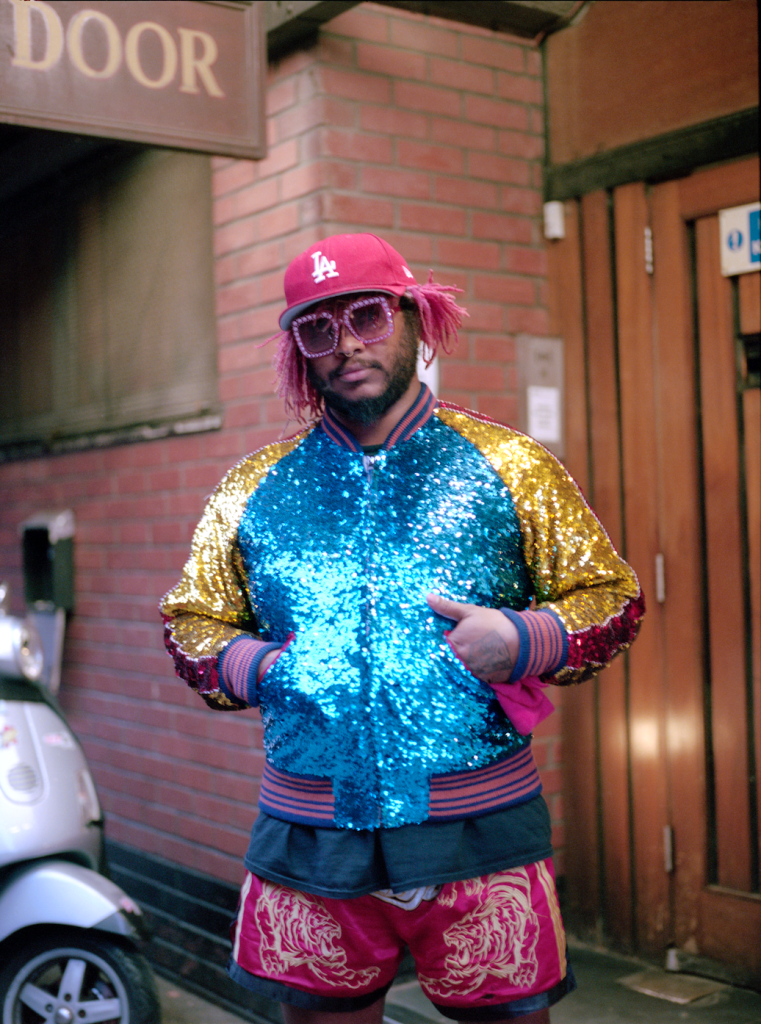
That really comes through on ‘Tokyo’ particularly when you mention suicide forest with the sample in the background. I love how you have that celebratory ‘Yes’ as a backing vocal. I’ve been to Tokyo once and that’s what it feels like, saying ‘Yes’ all the time. It’s an onslaught of stuff coming at you.
And it’s not even this overwhelming, gluttonous feeling, it’s genuinely like, ‘Why not make it dope? Why not make it like a toy?’ It’s like, if you can’t play with it, then what’s the point? They just get that.
The Japanese make mascots for everything as well, like they’ll have a pharmacy mascot and a toilet mascot.
That’s got to work wonders for children. We can’t get that right over here for crap.
Kamasi Washington tells a story about how he met you when you guys were three years old at his birthday party. What’s your side of that?
Given that the album is titled ‘Drunk’, you should know that I don’t remember most things. I don’t know what was going on when I was three, my earliest memory is when we got into our pre-teens and our parents would be around each other a bit. We formed a band, The Young Jazz Giants. Growing up with Kamasi was like this… My parents would let my play down the street with my friends trading Marvel cards all day, but if I said I was with Kamasi, I could stay at his house for weeks at a time. I think it’s because my parents would realise what was brewing there, that it was a bit bigger than just the normal childhood child’s play.
When Amoeba Records landed in LA, Kamasi and I would go there and he would just spend all of his money on CDs. Getting in his car you would just be flicking through them endlessly. You’d just see everything you could think of. He’d be in there listening to it; he was just soaking up all this music. That’s what I remember as a kid, I remember Kamasi being a man that loved music. It was just so inspiring and we related to it on so many different levels, we played video games and we had all these different things.
We were just like brothers and he was the first one to get a car. So, me and my brother would pile in his car full of all these CDs and equipment, we were just squashed in the back of this car.
Your style right now is very much your own. Do you think that was innate from when you first picked up an instrument or did it come through as you were doing sessions? Was it brewing for a long time?
A lot of the time there’s a very big gap between being a working musician and a functioning artist. Coming from LA and especially with jazz, people don’t really bridge that gap a lot of the time. Jazz is like this thing that you look at like it’s on a mountain somewhere and most of the old cats, they wind up angry and don’t want to really share. Even with artists, it’s almost hard for them to relate to the idea of being this working musician. So a lot of the time you end up having to find your way, so anything from playing in somebody’s band for 200 years or being fired all the time because you sound weird. It’s energy that you wind up having to find, it’s for everybody and for nobody at the same time. Not everybody has to be a singer, everybody has a voice but that doesn’t mean you have to do that.
For me, it formed around the parts of the unknown, it was just out of eyeshot. I would be more concerned with making sure I was dressed right for the gig, making sure I had a four-string bass because if you don’t have a four-string bass it’s not a bass, all of those kinds of things. I remember it just started bleeding over at some point. I would be listening to Jaco Pastorius, Allan Holdsworth and John McLaughlin and being like, ‘Why doesn’t everyone sound like this?’. I get rap but other than that, what happened to the guys who play their own instruments and are dope and iconic? So I felt like somewhere in between those lines it started to form a bit.
When you were in Young Jazz Giants with friends like Kamasi, did you think back then you’d be where you are now?
Never would have thought it. I thought that we would just be playing together until we died. Growing up with Kamasi and Cameron in Young Jazz Giants, it was just everything. We would just practice and then later on in the day would play somewhere, and they would pay us in sandwiches because we were underage and weren’t supposed to be working.
They’d pay us in sandwiches and kick us out of the club right after we played. That was the reality man, they wouldn’t let me stay and they wouldn’t let me stand in front because I was a kid, but they’d have us playing. But yeah, I never would have thought, even in the earlier years with the albums, it freaked my friends out that I was there singing. Literally I’ve had moments where people I’ve known for years would come up to me and be like, ‘You gotta check out this dude Thundercat’ and I’d just be… ‘That’s me, man’. It was intense, that was like a quantum leap. I never would have thought that people would take it that way. I just try to be as honest as I can with my music.

